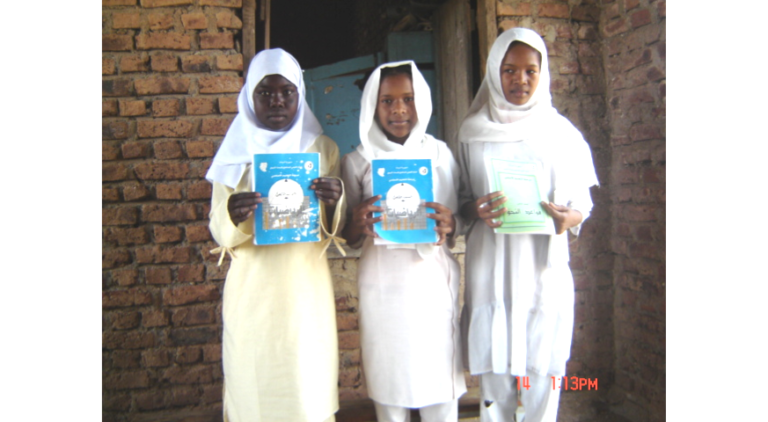- About
- Topics
- Picks
- Audio
- Story
- In-Depth
- Opinion
- News
- Donate
- Signup for our newsletterOur Editors' Best Picks.Send
Read, Debate: Engage.
| topic: | Political violence |
|---|---|
| located: | Sudan |
| editor: | Shadi Khan Saif |
The ongoing violence and disorder in Sudan can be seen as a clear example of the intersection between authoritarian governance and identity politics that is all too common in many countries in the region.
Within a week, the rival factions of the armed forces fighting for power have resulted in the deaths of more than 400 people, besides injuring hundreds of others and devastating private and public property in the capital, Khartoum, and other parts of the country.
The current conflict in Sudan involves two former military allies, General Mohamed Hamdan Dagalo and General Abdel Fattah al-Burhan, who have become distrustful of each other and are driven by a greed to control the country’s government and resources. General Dagalo leads a paramilitary group known as the Rapid Support Forces, which has been involved in violent incidents, while General al-Burhan heads the regular military, which has been accused of attacking civilians.
Sudan, a country with abundant mineral resources and a strategic location for trade, has been plagued by a long history of authoritarian rule. Despite its potential for prosperity, the use of force by leaders, such as former military dictator General Omar al-Bashir, has led to years of hardship for millions of Sudanese citizens. Even prior to the current outbreak of violence, the country has struggled under oppressive governance.
Both of the commanders were complicit in the infamous Darfur conflict that resulted in crimes against humanity and genocide. They collaborated in effectively hijacking a popular civilian uprising against their infamous former-president Omar al-Bashir in 2021 to keep the authority of the state within the grasp of the military.
The Sudanese people’s hard-fought struggle for a representative and inclusive system of governance was thwarted by the two on false promises of paving the way for civilian rule. The civil war risks destabilizing the region as Sudan shares its borders with five countries and each fighting faction has received support from international allies who have their own incentives.
With no promising signs of truce and agreement emerging from within, the international community is obliged to play its role in saving lives and promoting democracy. In modern society, where citizens pay taxes to their governments, the pursuit of power through violent means is unacceptable and must be condemned by democratic forces across the political spectrum and neighbouring countries.
The people of Sudan have the right to choose their leaders through fair and democratic processes, and this fundamental principle should be respected.
Image by Mahardhika Kim

